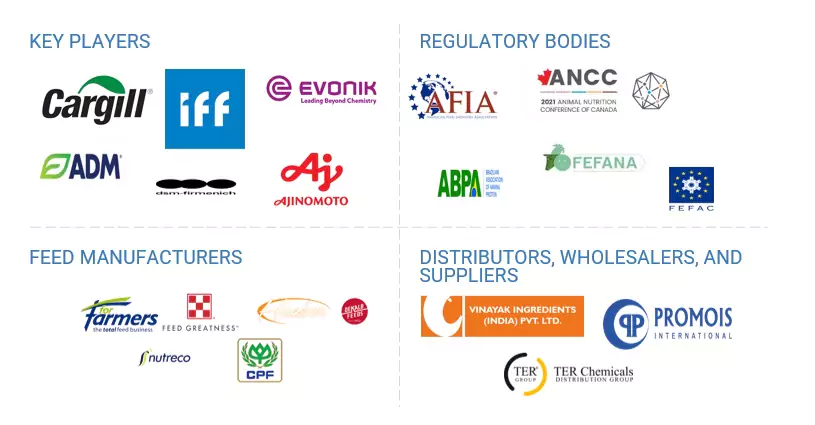The global feed additives market is on a strong growth trajectory, estimated at USD 45.54 billion in 2024 and projected to reach USD 59.88 billion by 2029, registering a CAGR of 5.6% during the forecast period. This growth reflects the rising importance of feed additives in enhancing the quality, safety, and efficiency of animal farming worldwide.
Why Feed Additives Matter
Feed additives play a pivotal role in improving the nutritional profile of animal feed, boosting livestock health, and ensuring sustainable productivity. These include vitamins, minerals, amino acids, enzymes, probiotics, and acidifiers, which help in:
- Strengthening animal immunity
- Enhancing growth and feed efficiency
- Reducing environmental impact
- Meeting consumer demand for high-quality meat, dairy, and other animal products
With increasing global demand for protein and rising awareness of animal health, the animal feed additives market is emerging as a cornerstone of modern livestock and poultry farming.
Liquid Feed Additives on the Rise
One of the fastest-growing categories is liquid feed additives. Innovations are making liquid formulations more efficient and impactful. For example, in October 2022, Kemin Animal Nutrition and Health (US) launched MillSAVOR Liquid and Liquid Concentrate, which improve milling efficiency, reduce energy consumption, and enhance pellet durability. Such advancements highlight how liquid feed additives are reshaping production processes for better feed quality and performance.
Natural Sources Gaining Momentum
A major shift in the market is the growing preference for natural feed additives market solutions. Consumers are increasingly opting for animal products that are free from synthetic additives and antibiotics. This is driving demand for plant, herb, spice, enzyme, probiotic, and essential oil-based additives.
Recent innovations include:
- Kemin AquaScience’s Pathorol (2023): A phytogenic additive promoting shrimp digestive health and growth.
- Amlan International (2022): Natural mineral-based additives for gut health in poultry and livestock.
With stricter global regulations on antibiotics in animal farming, natural alternatives are expected to dominate, aligning with consumer trends toward organic, antibiotic-free, and sustainable products.
Request Custom Data to Address your Specific Business Needs
Regional Insights: Europe Leading the Market
Europe holds a significant share of the feed additives market, driven by sustainability regulations and strong innovation. While overall feed production in Europe has seen some decline, the pet feed and poultry feed sectors remain resilient.
Leading players in the European feed additives market include:
- Evonik Industries AG (Germany)
- BASF SE (Germany)
- dsm-firmenich (Switzerland)
- Novonesis Group (Denmark)
- Adisseo (France)
- Nutreco (Netherlands)
Recent investments reinforce Europe’s commitment to innovation and supply security, such as Evonik’s USD 26.5 million investment in MMP production (2023) and Nutreco’s USD 26.8 million feed plant inauguration in Nigeria (2024).
Market Outlook
The global animal feed additives market size will continue to expand, powered by:
- Innovation in feed formulations
- Shift toward natural and sustainable products
- Growing consumer demand for safe and high-quality animal proteins
- Technological advancements improving feed efficiency
As animal farming evolves to meet sustainability goals, feed additives will remain central to improving productivity, health, and environmental outcomes.

